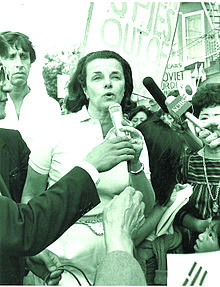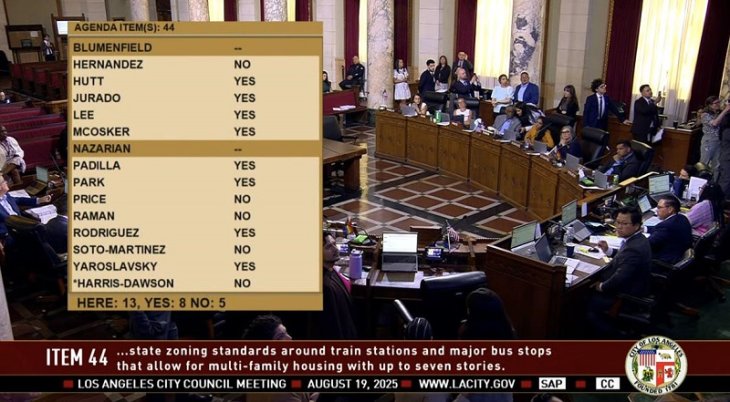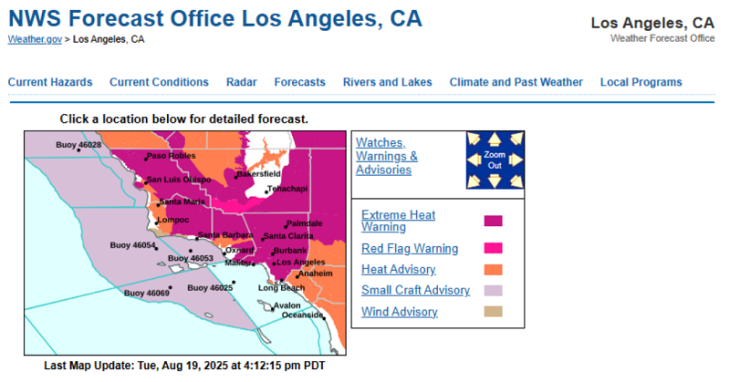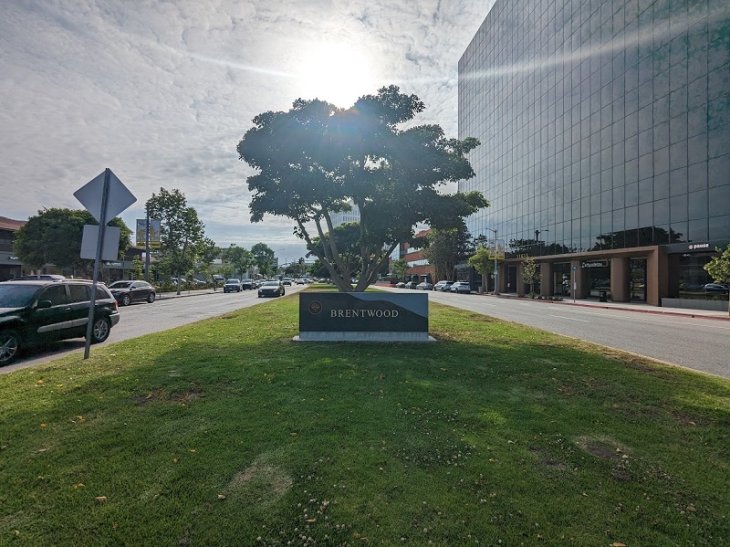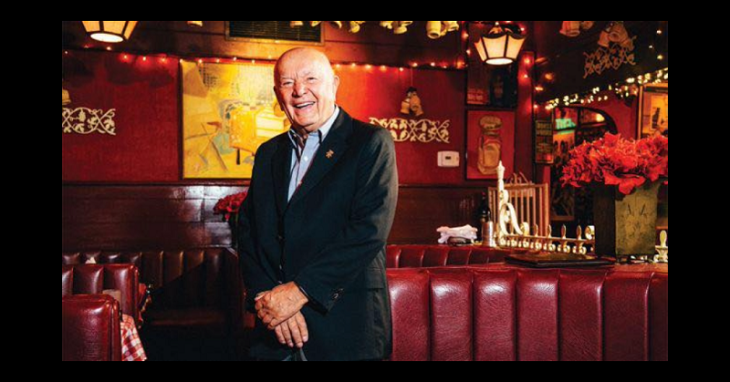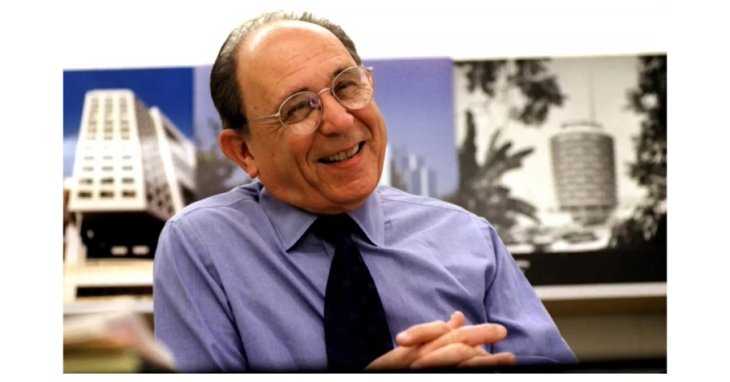By Tom Elias

U.S. Sen. Charles Grassley of Iowa, long a personal friend and colleague of California’s longtime Democratic Sen. Dianne Feinstein, pronounced himself confounded the other day, when Feinstein released previously secret testimony about a controversial dossier on Donald Trump’s pre-presidential Russian connections.
Grassley, the chairman of the Senate Judiciary Committee, couldn’t understand why Feinstein, the committee’s senior Democrat, released the document after years of being circumspect about keeping government secrets.
Here’s some help understanding, Chuck: You and Feinstein may have cooperated with each other steadily over the last 25 years, even socializing at times, but Feinstein never had serious Democratic opposition in her reelection efforts until this year.
Now she faces a challenge from the left, with outgoing state Senate President Kevin de Leon, a Los Angeles Democrat, blasting her continually and demanding she act more like a doctrinaire leftist or “don’t come home.”
That makes life more political for Feinstein now than it’s been since she first ran for the Senate in 1992 against an appointed Republican, John Seymour, named in 1990 by then-Gov. Pete Wilson to replace himself in the Senate.
So Feinstein has been shoring up her left flank, since that may be the only direction from which she’ll be challenged this year. Long a moderate with strong support from California’s business leaders, Feinstein’s approach has evolved since de Leon announced his challenge last October.
De Leon won’t go away soon, even if he’s underfinanced so far and even if he loses badly to Feinstein in the June primary election. Under the state’s top two “jungle primary” system, even if de Leon is trounced in June, he’ll get another chance in November just by finishing second in the primary.
That now seems assured, with no significant Republican having yet entered the race and the March 9 filing deadline looming. Things might be different had the liberal financier Tom Steyer gotten in, but he took himself out in January, announcing he had bigger fish to fry – leading an effort to impeach Trump.
De Leon’s strongest criticism of Feinstein came after she counseled the Democrats’ state convention last fall to be more “patient” with Trump. That didn’t sit well with ultra-liberal delegates whose strong wish is to get rid of the President.
So Feinstein released testimony harmful to Trump, a perfectly legal move since the transcript was not classified. Days later, after Trump’s notorious “s…holes” remark about African and Latin-American countries, she warned that Trump’s never-denied comments about not wanting African immigrants, but instead wanting “more immigrants from countries like Norway” must be called out for what it is: a wish to move this country back generations into a homogeneous white society.
“We all need to stop pretending that there are no consequences when the most powerful person in the world espouses racist views and gives a wink and a nod to the darkest elements in our society,” she added.
That was far stronger language than she used about Trump last summer, when he claimed there were “good people” among white nationalists and neo-Nazis who rallied in Charlottesville, VA, where one counter-demonstrator was killed. Of course, de Leon was not yet a candidate then.
Feinstein, who always tries to keep open lines of communication with the other major party, signaled that things had gone too far for her with Trump.
Things have also gone farther for Feinstein in the current campaign than they ever have in her previous four reelection bids. She may be coming to realize, as her longtime colleague in the Senate, former Sen. Barbara Boxer, said during her 2010 reelection bid, that “six years (the standard Senate term) is a long time not to run, so you have to reintroduce yourself to California voters in every campaign.”
Feinstein doesn’t want de Leon to be the one introducing her, with constant hints that at 84, she’s too old to be effective, besides not being liberal enough for California. So as her situation becomes more political, so does she.
And anyone who’s ever run against her, whether for mayor of San Francisco or governor or the Senate, knows that when Feinstein becomes political, she can be a strong political force. There’s the explanation you might want, Sen. Grassley.


